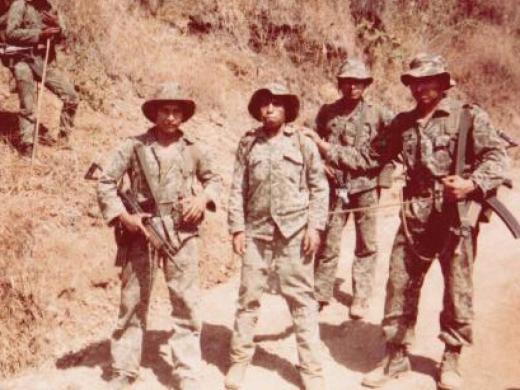As kids and teachers head back to school, we wanted to turn away from questions about politics and unions and money and all the regular school stuff people argue about, and turn to something more optimistic — an emerging theory about what to teach kids, from Paul Tough's book How Children Succeed.
-
Download Control-click (or right-click) Tap and hold to download
- Transcript

Prologue
No These Things Will Not Be on the Final Exam
Ira talks with Paul Tough, author of the book How Children Succeed, about the traditional ways we measure ability and intelligence in American schools. They talk about the focus on cognitive abilities and conventional "book smarts." They discuss the current emphasis on these kinds of skills in American education, and the emphasis on standardized testing, and then turn our attention to a growing body of research that suggests we may be on the verge of a new approach to some of the biggest challenges facing American schools today. Paul Tough discusses how “non-cognitive skills” — qualities like tenacity, resilience, impulse control — are being viewed as increasingly vital in education, and Ira speaks with economist James Heckman, who’s been at the center of this research and this shift. (38 1/2 minutes)
Act Two
Our story picks back up with the question of how non-cognitive skills can be taught to older kids who have gone much longer without learning things like self-control, conscientiousness and resilience. Ira returns to the story of Kewauna, the Chicago teenager, who talks about the dramatic ways in which she changed her life. They discuss an intervention by Kewauna’s family, and the programs that have helped her thrive. Economist James Heckman then discusses they ways in which this shift in emphasis could change the way we practice education and the way we think about learning. (11 minutes)

